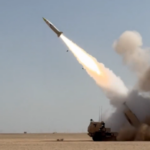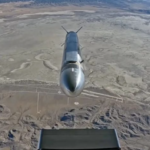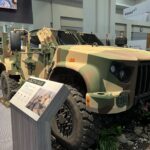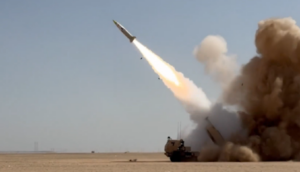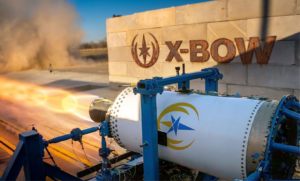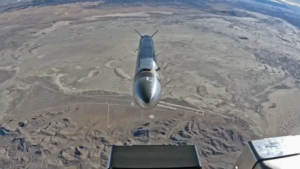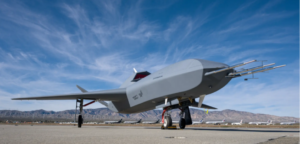
Raytheon’s [RTN] Excalibur Ib precision guided projectile has entered full rate production (FRP), officials said. The Army approval for FRP completes the Excalibur Ib low rate initial production (LRIP) phase. Additionally, the Army awarded Raytheon $52 million for continued Excalibur Ib production. "The full rate production decision is the culmination of superb teamwork between the U.S. Army and Raytheon," said Lt. Col. Josh Walsh, Army Excalibur product manager. "I am proud of the combined team's effort that is putting the…


